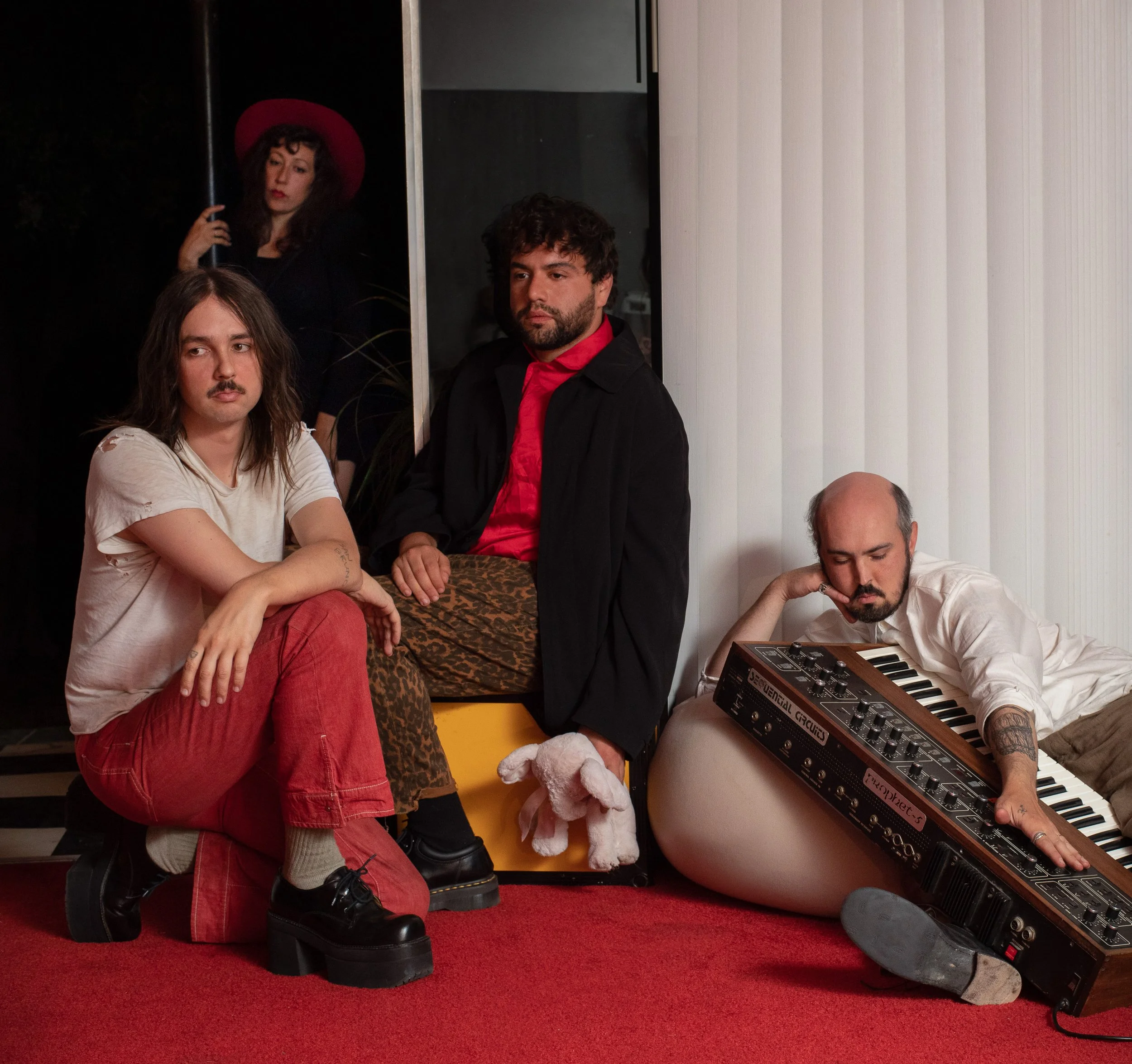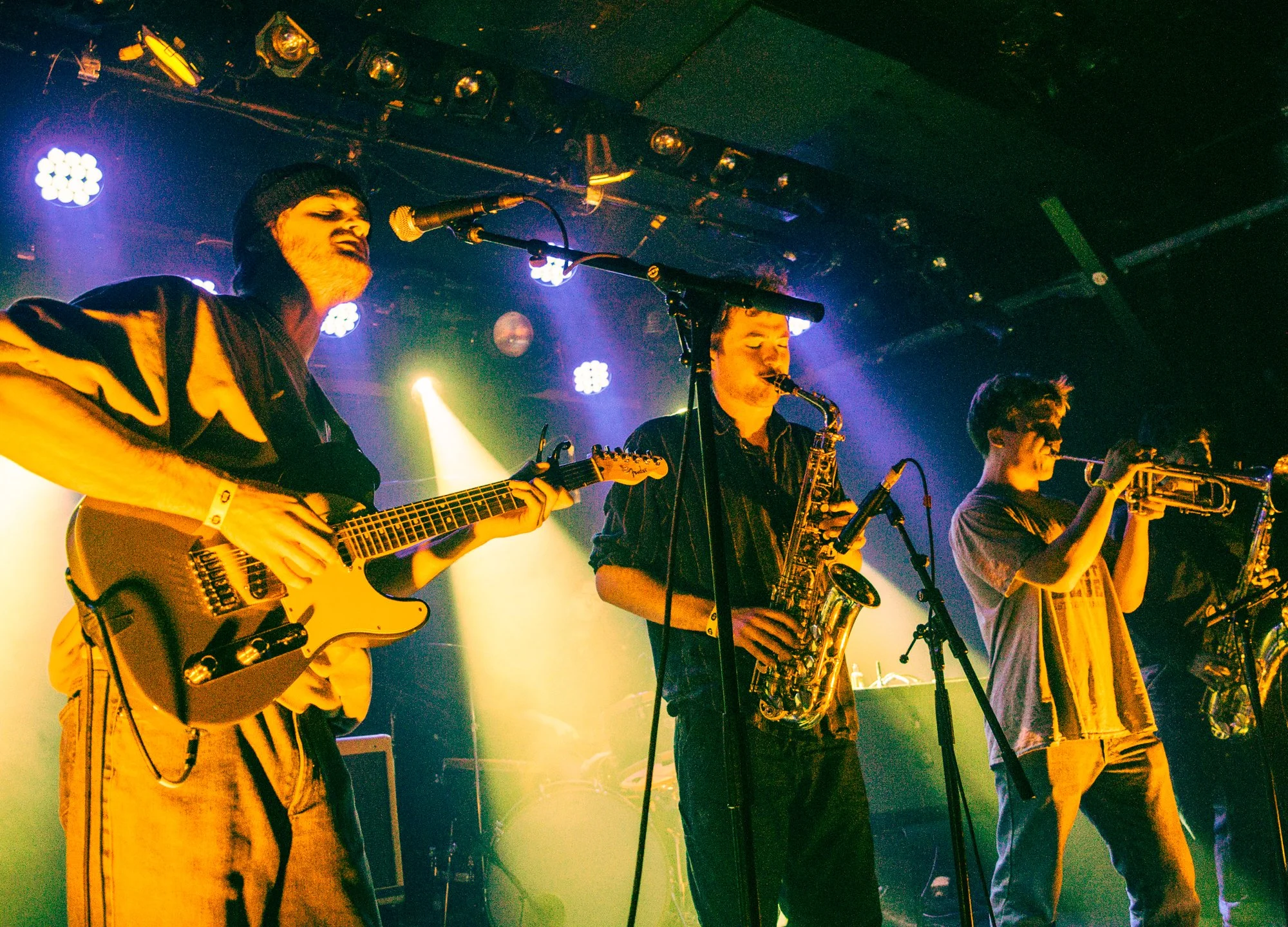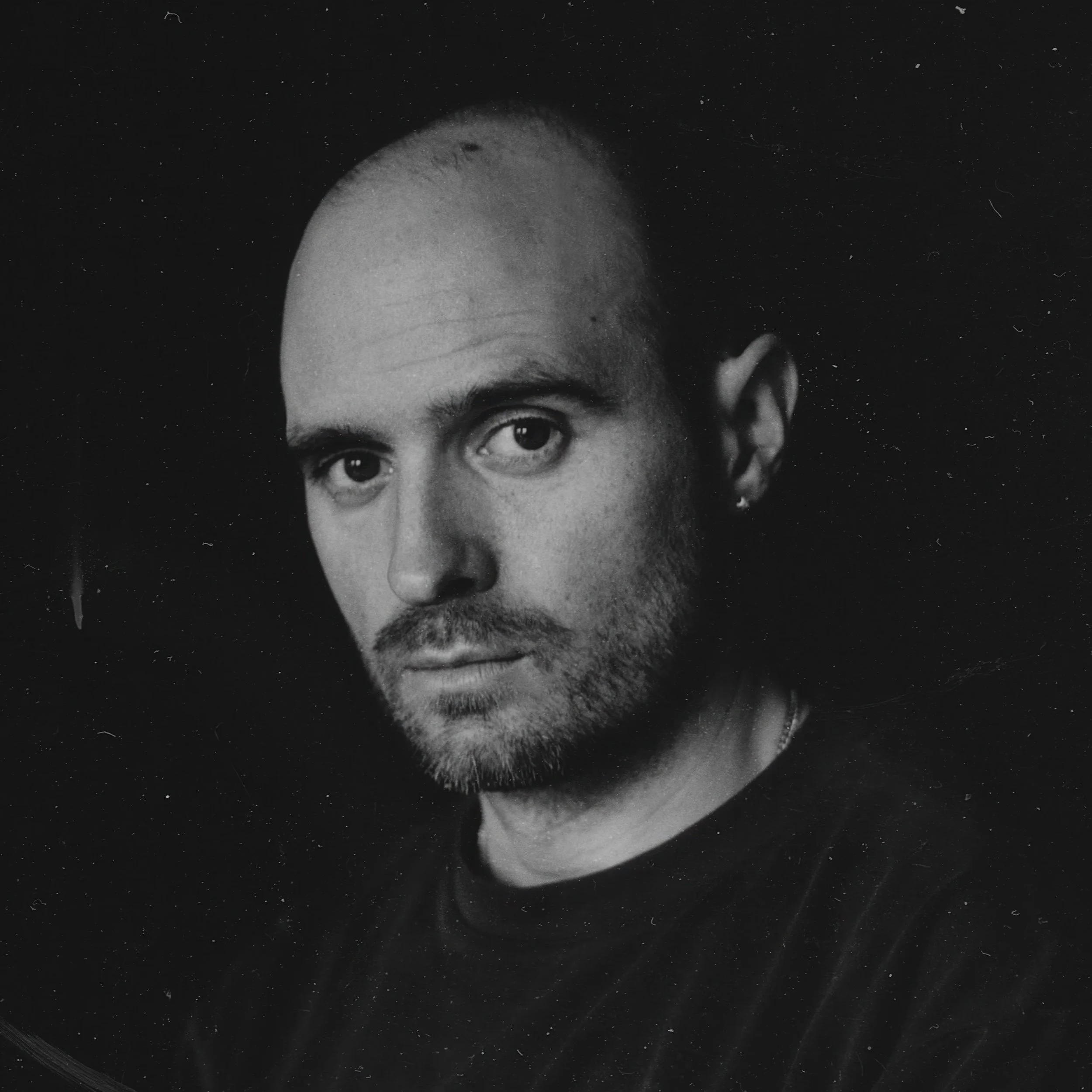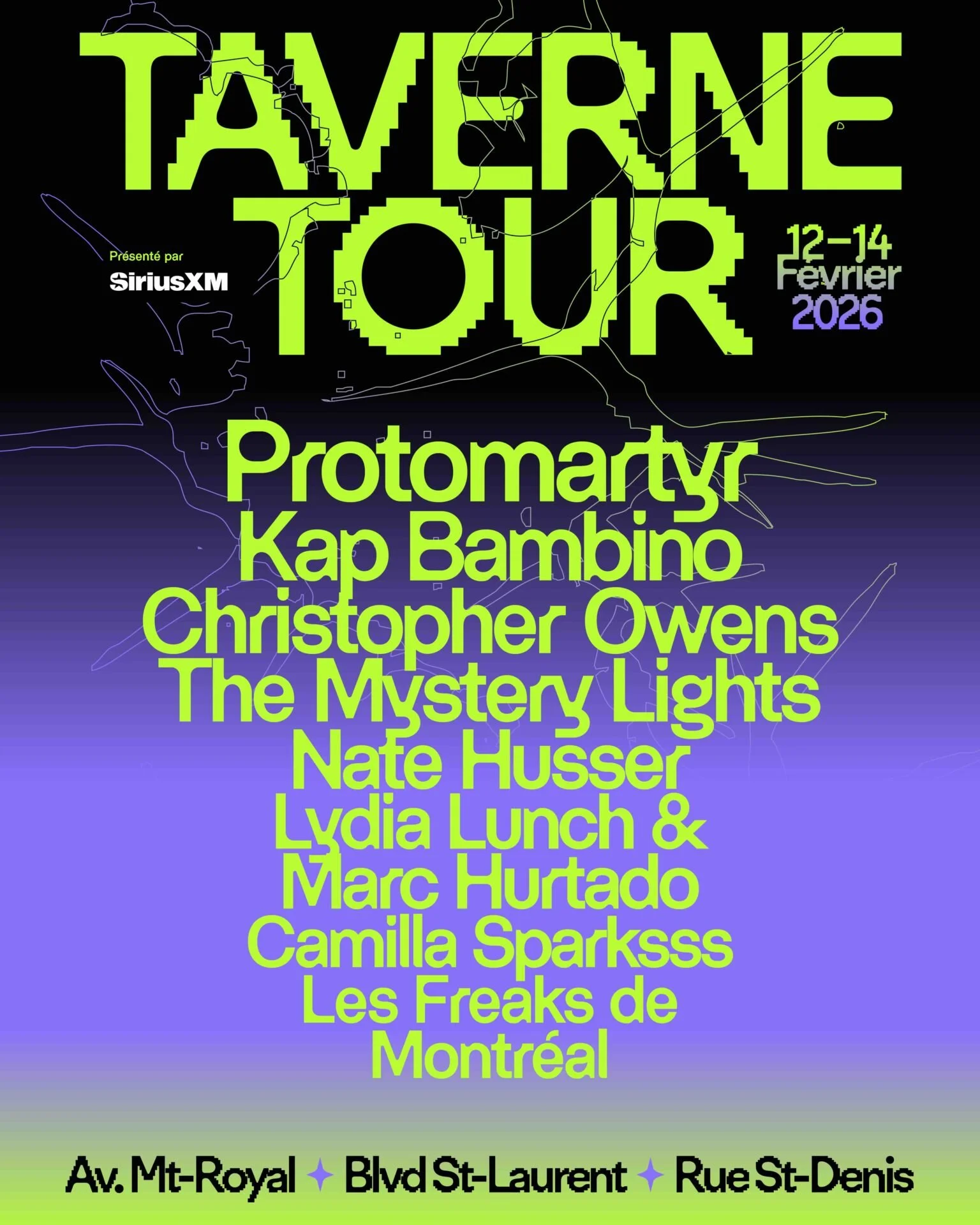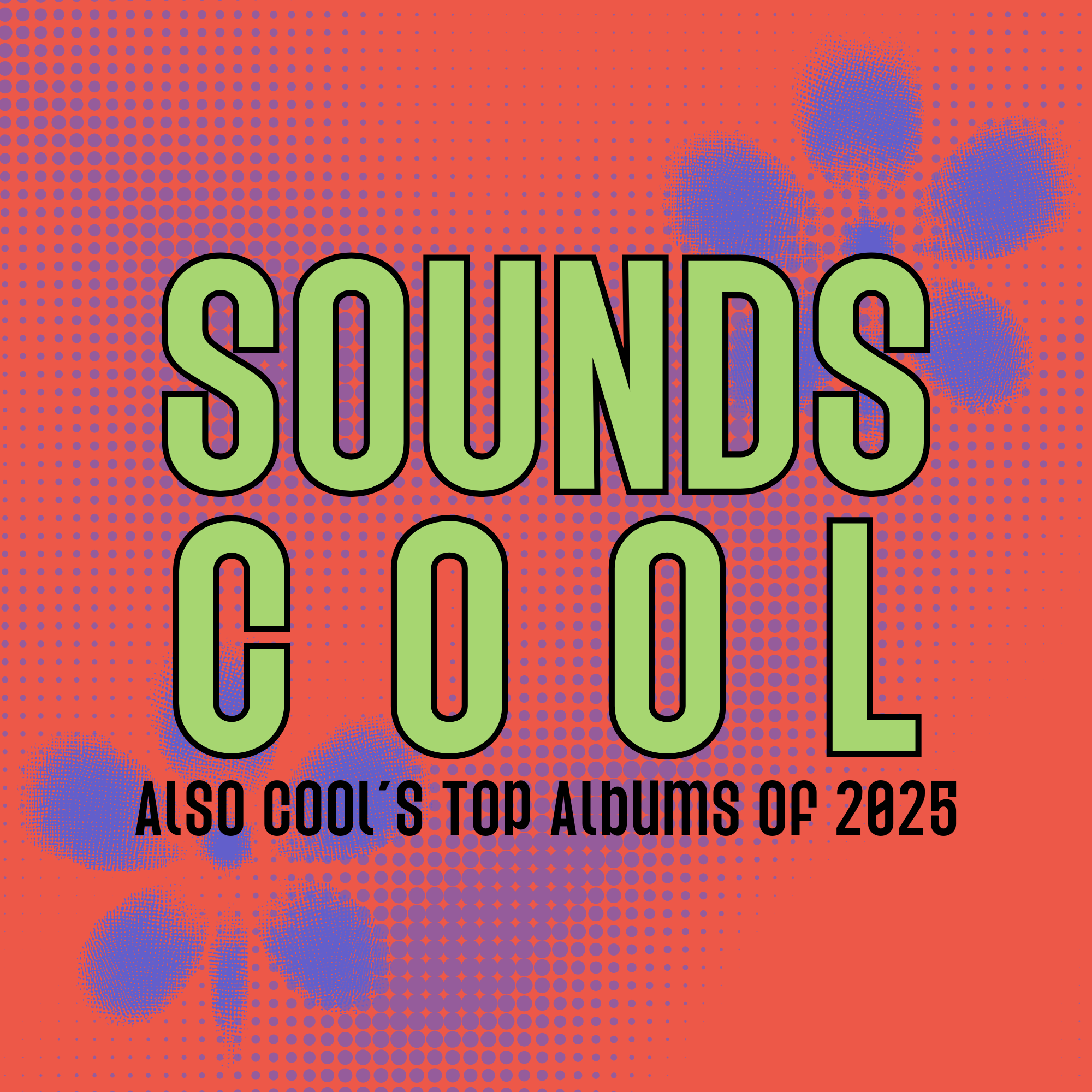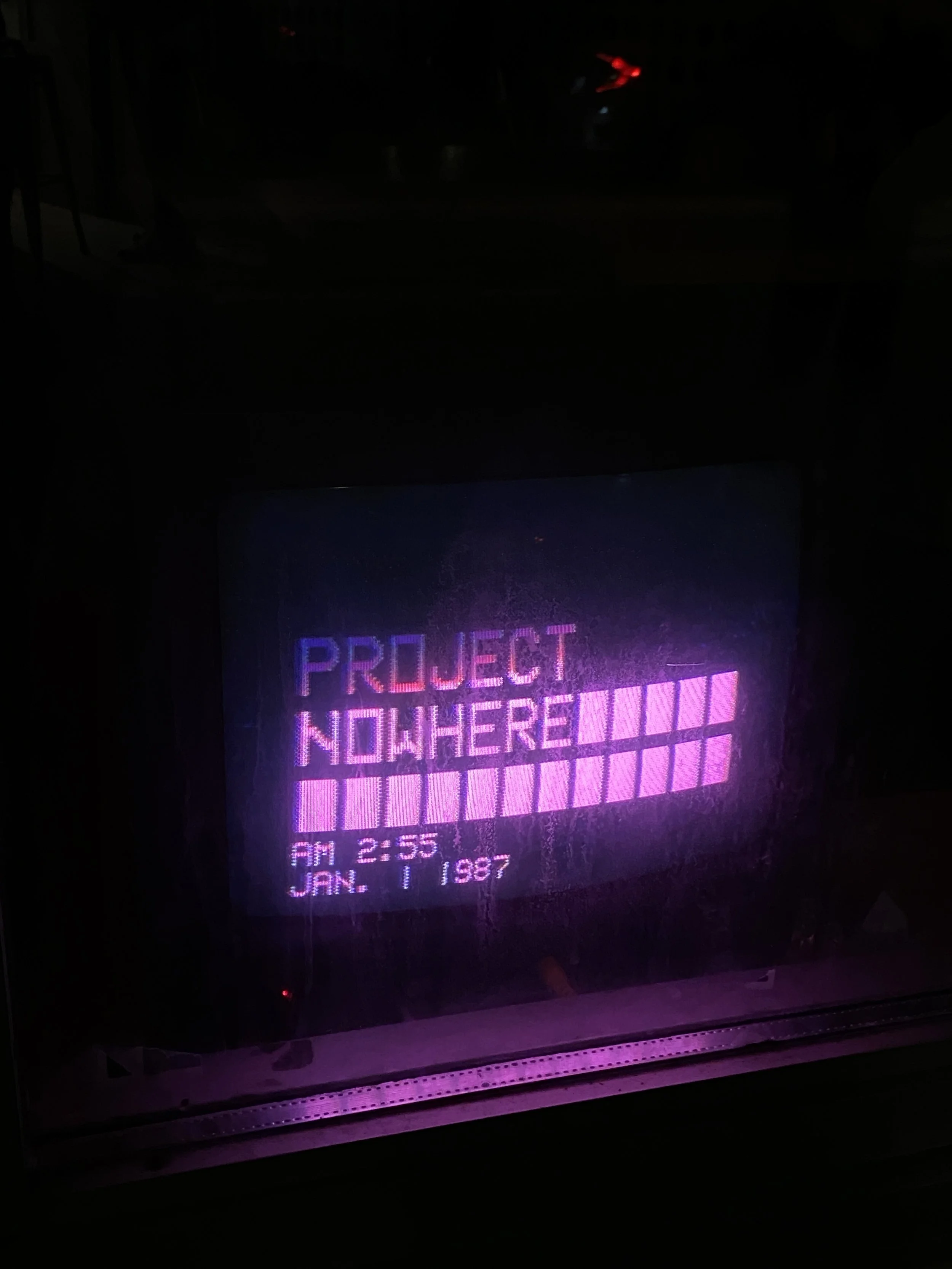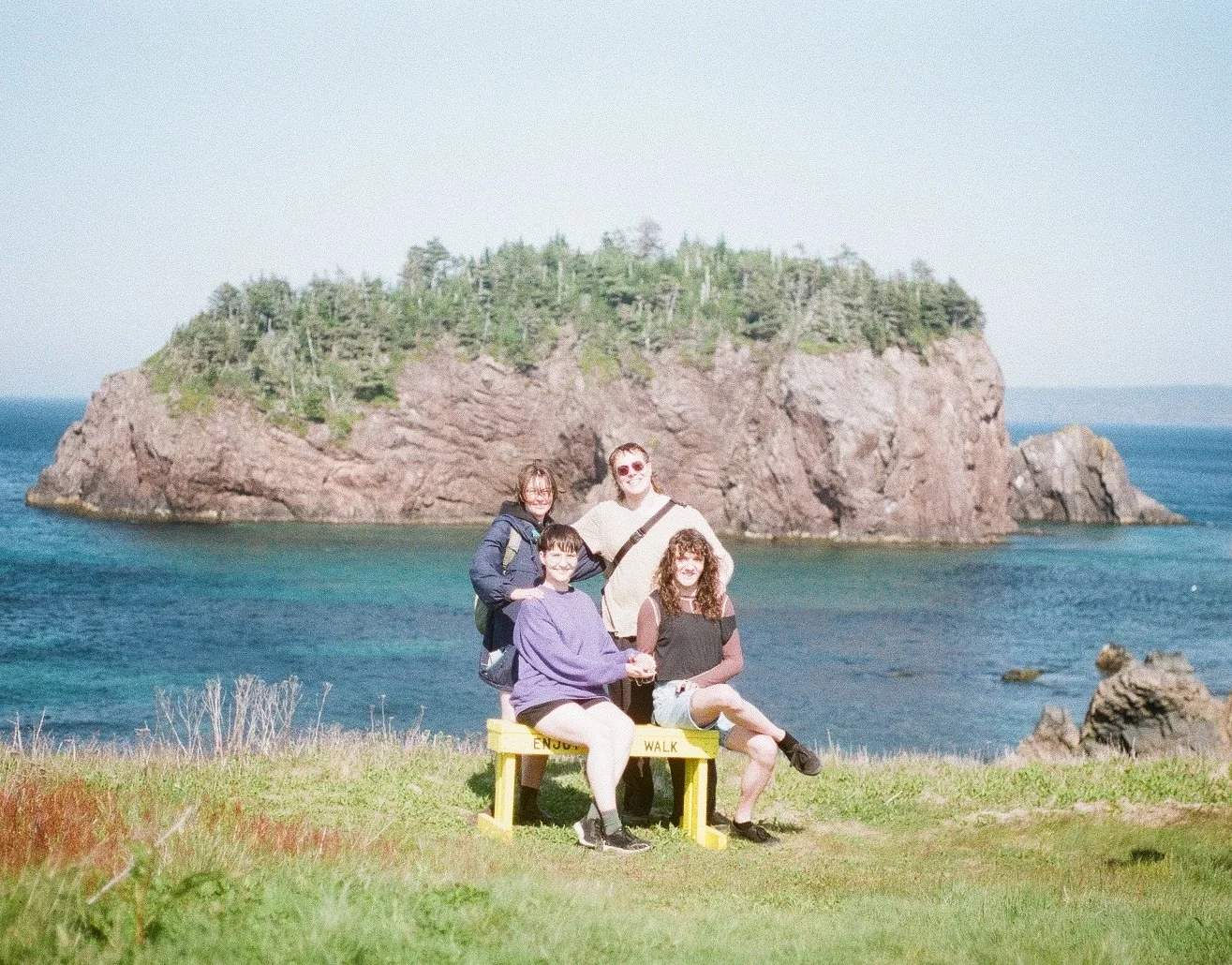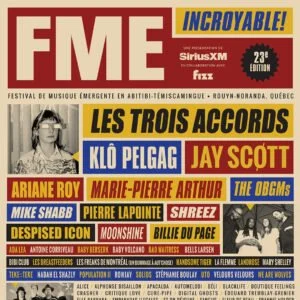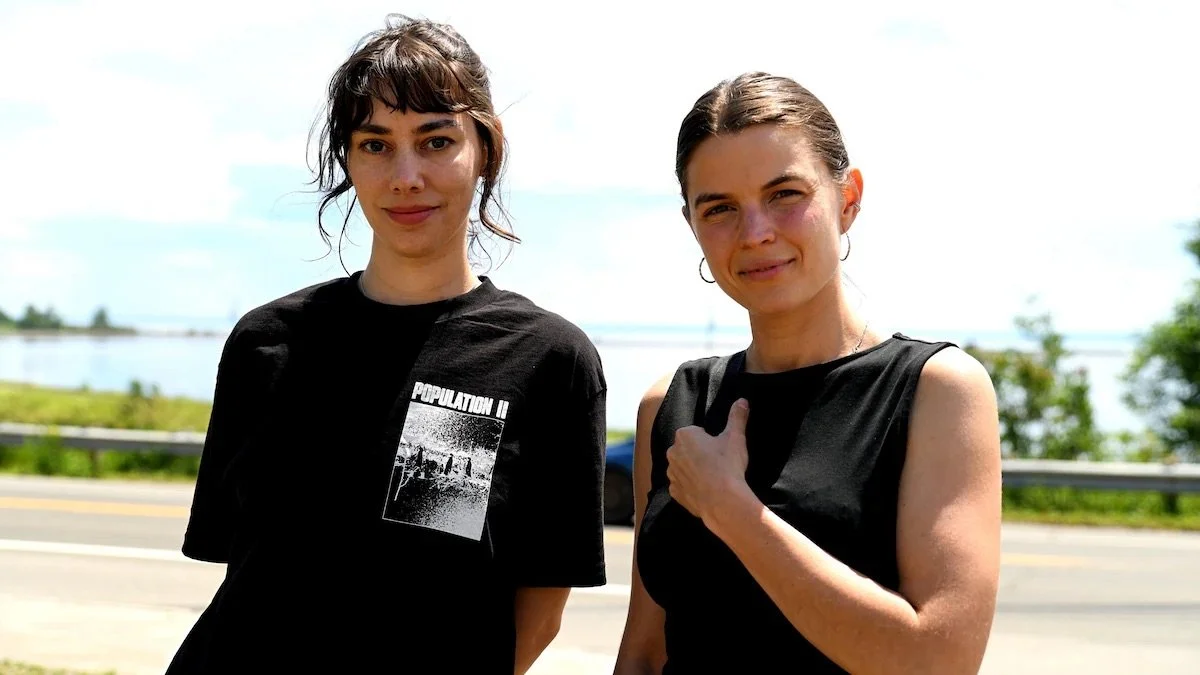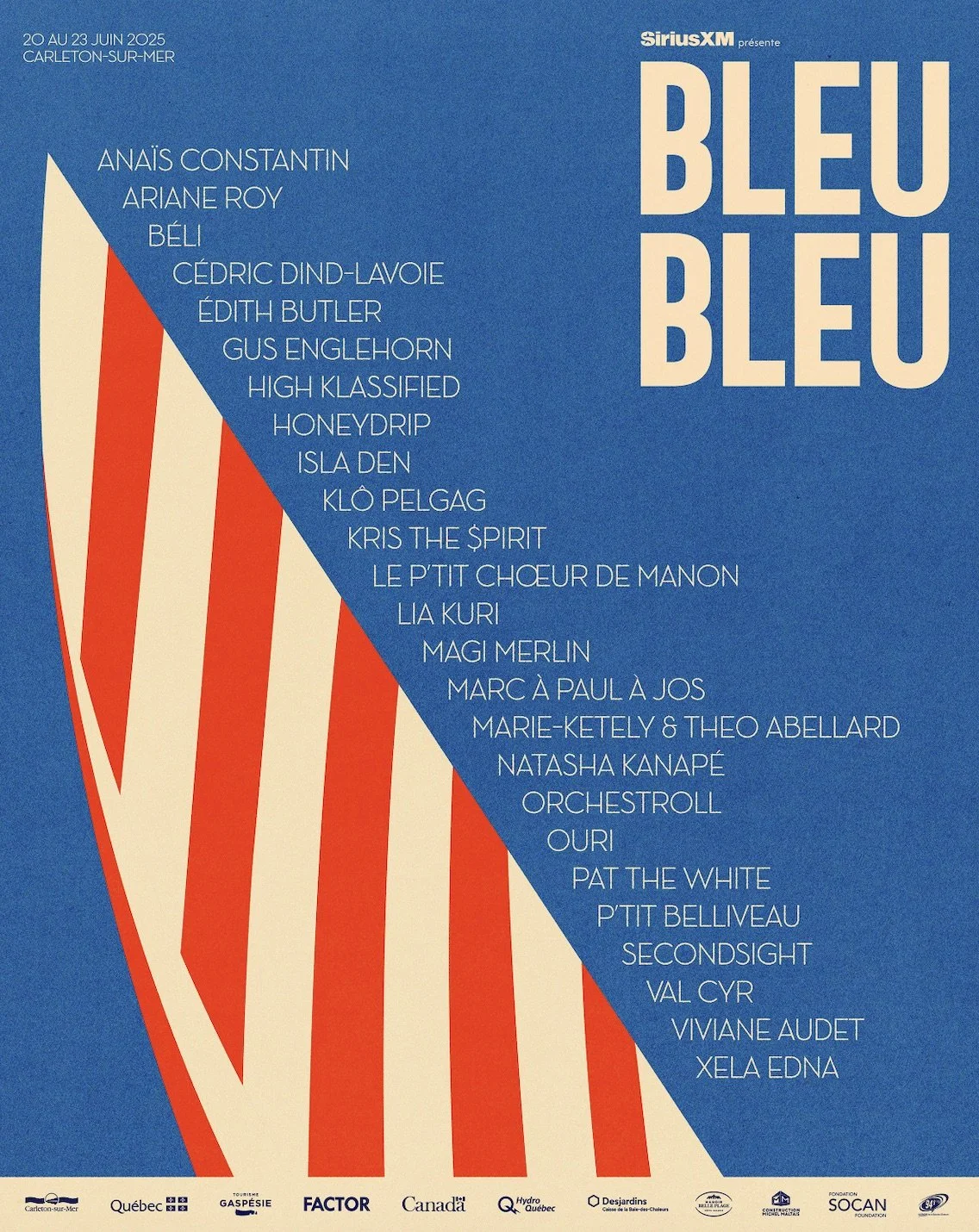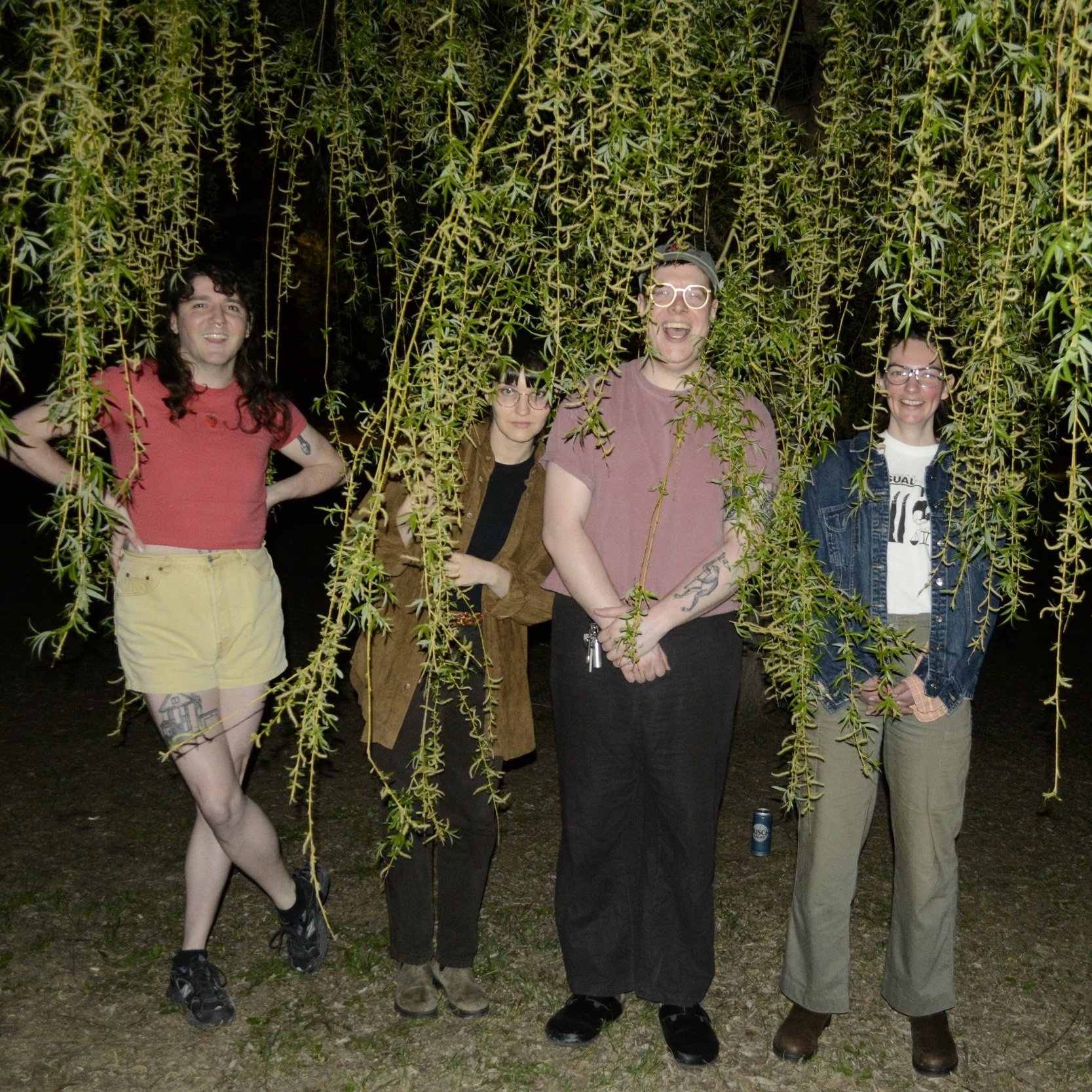Hannah Lew Shares Inspiration for Cold Beat's Album "War Garden" (via Like LTD)
Driving late at night, blasting your obscurely named Spotify playlist to fit the mood, Cold Beat's new album "War Garden" makes the perfect soundtrack. Hannah Lew's poignant lyrics float about airy synths as she contemplates grief, the afterlife, and rebirth.
The album (released via Like LTD) was made over the pandemic via Zoom calls. "Exploiting the technology for how it could connect us" is how Lew describes Cold Beat's collective embrace of technologies that could potentially alienate otherwise.
We spoke to Hannah about the album, finding closure in dreams, and gardening.
Malaika Astorga for Also Cool: Can you tell us a bit about who you are and where you're from?
Hannah for Cold Beat: Half of us live in the Bay Area, half in LA. The project started back in 2013 with Kyle & I, but when Sean and Luciano joined a few years back, the band really became what it is today, a more collaborative practice with more varying songwriting and less a glorified solo project.
Also Cool: What was it like growing up there? Was there a creative/DIY scene, or is music something that you were drawn to independently?
Hannah: I grew up in a very different SF than the one that stands today. The cost of living was a lot lower, and it was just more accessible. Because of that, there were a lot of people making art and music.
We all more or less met through the DIY scene in the Bay Area. We had all played shows together before Cold Beat formed. Sean actually played on the Cold Beat demos back in 2012 before it was even called Cold Beat. We've always been music buds, even though he didn't officially join the band until later. Kyle and I had played a few shows together with our respective bands before I asked him to play with me. Luciano worked at Amoeba SF with my husband, Andrew. I kind of eyeballed him for years before approaching him to play synths in the band.
Though we definitely all came from a scene here, I don't really feel like the band has ever necessarily been part of a community here. We've always been doing our own thing kind of.
AC: Now that the regular PR questions are out of the way, we can get a bit weirder.
One of your lyrics, "In a dream, I don't like you," made me think a lot about how dreams are spaces for closure when it's not possible IRL, especially after this year or so in isolation. What's your experience with processing emotions while dreaming? Can you tell us about a favourite dream you've had?
Hannah: I think that dreams definitely offer a place to work out things that might be unattainable within the confines of the conscious mind. I think songs can serve that same purpose.
For example, that song Weeds you're referencing was a song that Sean had sent as a demo, and I basically wrote the lyrics immediately upon hearing it. I think I sent vocals back 45 minutes after he sent the music.
Sometimes you tap into this automatic writing where you're channelling directly from your subconscious. Melodies and sounds have a way of describing emotion in a post-lingual way that is often way more expressive and accurate than anything literal explanations can offer. Language just falls short, whereas a song can completely take you over and make you feel less alone.
My favourite dream is one where I knew I was dreaming, so I decided to fly. It's only happened for me once or twice, but it felt really amazing.
AC: Throughout your music, there's a theme of both accepting and initiating change. What has your experience been like in this cycle of change and rebirth, and how does it tie into processing grief?
Hannah: Songs have always been a format where I like to work out narratives to help me cope with the inexplicable. We've all gone through many changes and dealt with deaths, births, breakups, all the stuff. Music-making has definitely saved my lifetime and time again by giving me a tool to process these things.
AC: One thing I've learned from the pandemic is the ability to be highly intentional with who I give my energy to, especially in times of deep loneliness. I'm curious to know how you were able to maintain and nurture your friendships (and this album) over the pandemic and what you've learned from it.
In other words, what have you learned about friendship over the past year and a half or so?
Hannah: Yeah, I hear that. I think many people have had a reckoning with their work and interpersonal worlds, hopefully reaching higher ground going forward.
Sometimes, when I'm going through periods of heavier depression, I tend to retreat. Sadly, I think I did a lot of that during the pandemic and lost touch with many people. Thankfully we as a band maintained a songwriting practice that had us Zooming once a week and sending song files pretty constantly. That connection has been so vital for me. It kept me synthesizing my feelings and maintaining a close bond with people I love, regardless of how deep in despair I might have been any given day.
One of the hardest parts of my isolation was losing access to my people, and thus a part of myself nurtured by those friendships. I was in a bubble with my family and only getting to experience myself within my family dynamic. At the same time, the part of my identity I've been fostering for the past 20 years or so since I started playing music was a bit starved.
I think I really took stock of how important a collaborative process is to who I am as a person. It's been such a relief to be together again, practicing for our upcoming shows. Lots of PCR tests, but so worth it.
AC: What have you learned from gardening? What have the plants taught you that you practice in other areas of your life?
Hannah: Gardening has been such a humbling experience during this time. Watering dirt day after day and not seeing immediate results, yet still pushing on. It's also a somewhat private endeavour, not tied to any social validation. I'm not a naturally patient person, so it's humbled me quite a bit.
It took almost a whole year to grow this one cauliflower, and I just harvested it and shared it with the band after practice last week. It was very satisfying.
It's optimistic to focus on plants. They lean toward the light and definitely forced me outside a lot, and kept me grounded.
AC: You've spoken a bit about rituals and the practice of being immediately present. Do you have any rituals or practices that you could share with us?
Hannah: I think the only time I'm truly happy is when I'm in a flow state. Not thinking about the future or past, not looking at my phone while in company, not fractured in my attention span.
Music-making, gardening, cooking are all things that keep my hands busy and in that flow state. I've been working with ceramics lately, too. It's similar to gardening in that there's a lot of room for error, humility. It requires your body to be in the moment, totally present. I like doing things I'm 'bad' at for that reason. I like to try new things and maintain a beginner's mind.
Cold Beat
Instagram I Spotify I Twitter I Bandcamp
Malaika Astorga is the Co-Founder & Creative Director of Also Cool. She is a Mexican-Canadian visual artist, writer, and social media strategist currently based in Montreal.


